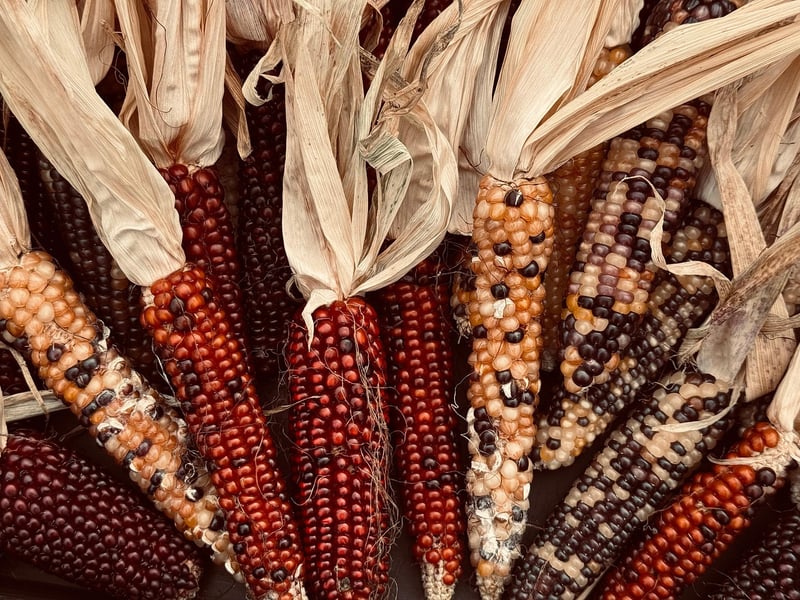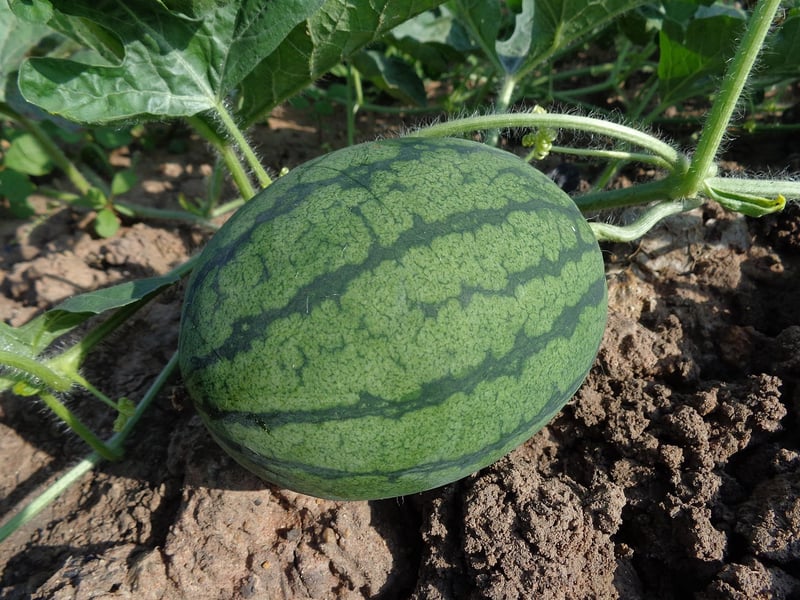Organic gardening
The Ultimate Guide to Eco-Friendly Organic Gardening
Introduction to Eco-Friendly Organic Gardening
Organic gardening is a sustainable and eco-friendly method of growing plants without the use of synthetic pesticides or fertilizers. It promotes biodiversity, healthy soil, and produces nutritious, chemical-free food. In this guide, we will explore various techniques for eco-friendly organic gardening.
Benefits of Eco-Friendly Organic Gardening
- Reduces chemical exposure
- Promotes healthy soil
- Supports biodiversity
- Produces nutritious food
- Protects pollinators and beneficial insects
Techniques for Eco-Friendly Organic Gardening
Companion Planting
Companion planting involves growing different plants together to benefit each other. For example, planting marigolds alongside tomatoes can help repel pests.
Composting
Composting kitchen scraps and yard waste creates nutrient-rich soil for your garden. It reduces waste sent to landfills and improves soil structure.
Water Conservation
Collecting rainwater in barrels and using drip irrigation systems can help conserve water in your garden, reducing the need for excessive watering.
Natural Pest Control
Using natural predators like ladybugs, praying mantises, or neem oil can control pests in your garden without harmful chemicals.
Organic Mulching
Applying organic mulch like straw, leaves, or grass clippings helps retain moisture, suppress weeds, and improve soil health.
Get Started with Eco-Friendly Organic Gardening
Ready to start your eco-friendly organic garden? Begin by choosing organic seeds, preparing healthy soil, and implementing sustainable practices. Remember, every small step towards eco-friendly gardening makes a difference for the planet!
Resources for Eco-Friendly Organic Gardening
For more information and tips on eco-friendly organic gardening, check out these resources:

